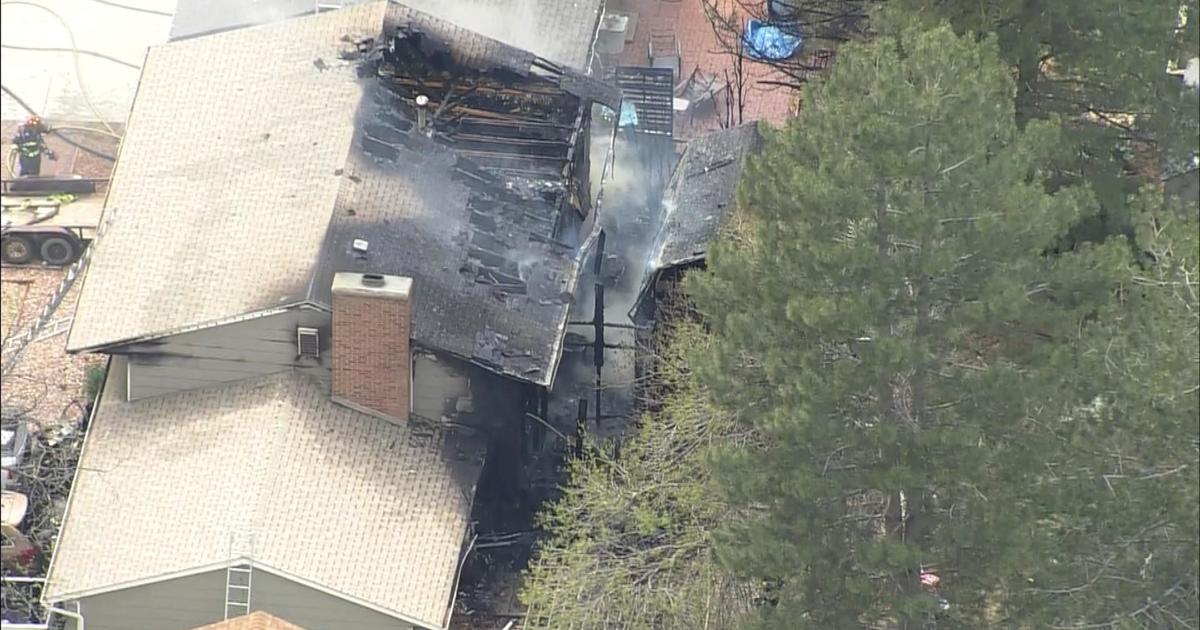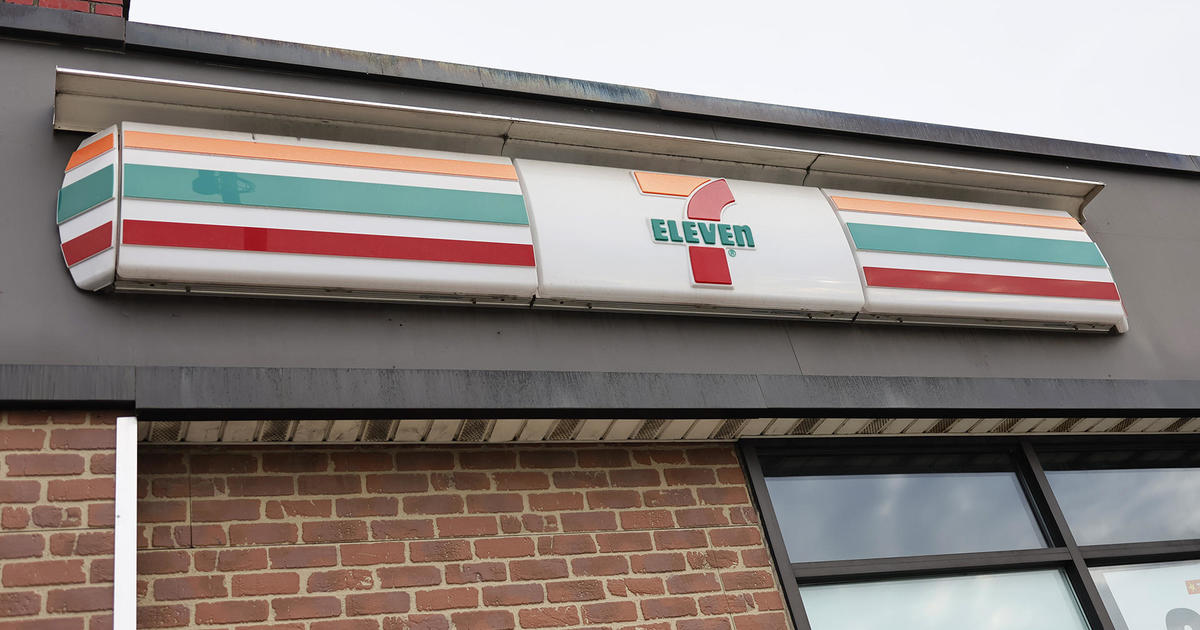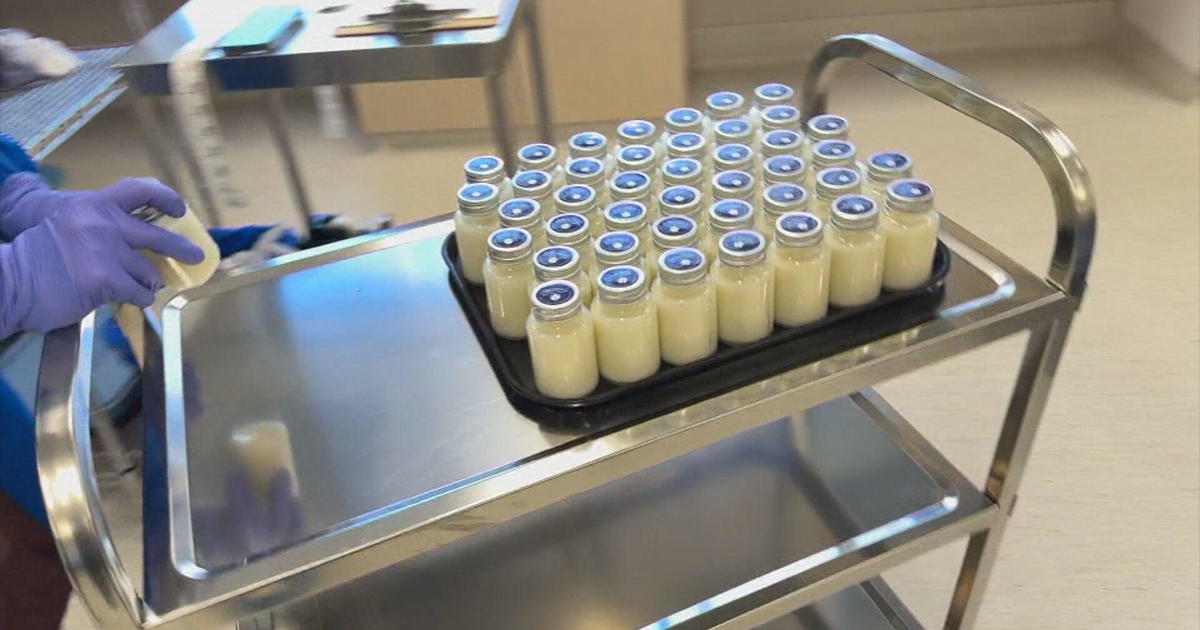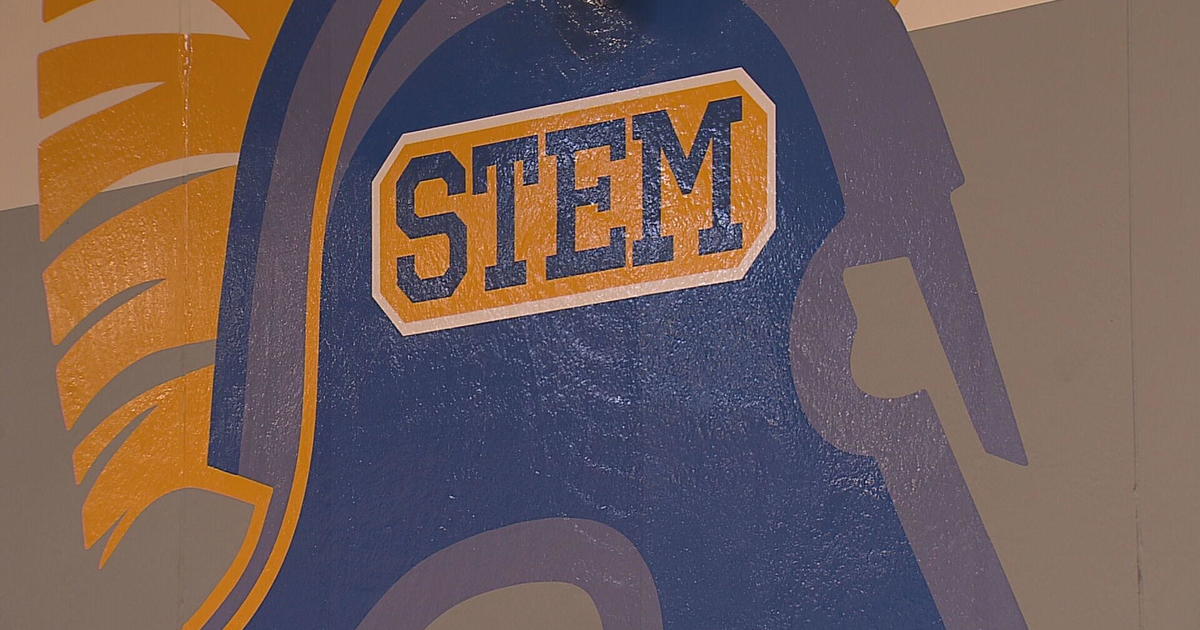Stimulus Funds Paid For Trees For Wealthy Homeowners
DENVER (CBS4) - Stimulus funds aimed at jump starting the economy paid for about 4,000 trees in Denver, with many ending up at million dollar homes in Denver's priciest neighborhoods where residents acknowledge they could have paid for their own trees, but the government was giving them out for free, so why bother?
"This fella said, 'How would you like to have a tree in your yard?' And I said, 'Really?,' " said John Backlund, who lives in Denver's Cherry Creek North neighborhood in a home worth more than $700,000.
Backlund said he could afford to buy his own trees but a government worker was going door-to-door trying to give away trees, so Backlund agreed to take a tree.
"Too good of a deal to say no to. I was happy to get the free tree," he said.
A CBS4 investigation found that the tree program had no income guidelines, so trees ended up being planted at homes in Denver's Country Club neighborhood, Hilltop, Belcaro and Washington Park neighborhoods -- all considered upscale areas of the city.
"It's open to anybody," said city forester Rob Davis. "It's basically if you live in Denver, you want to reduce your energy costs, you want to have a tree that can raise your property value, go to the web page to sign up."
Davis said the program spent about $600,000 in funds from the America Recovery and Reinvestment Act, also known as stimulus funds, to buy and plant the trees. Davis says the theory was that using government funds to plant the trees helped stimulate the economy by creating jobs planting trees.
The trees cost about $150 apiece. Davis says the long term benefit is in energy savings for the homeowner as fully grown trees will provide shade and reduce energy costs.
"Everyone having lower monthly bills in the summer, I think they appreciate that in the long run," said Davis.
But Jon Caldara, president of the Independence Institute, challenges the idea of stimulus dollars subsidizing trees for people with high net worth.
"It's good to know that the rich people in Denver can finally get some of their stimulus money back by getting a free tree," joked Caldara. "What this shows is how much waste there is in government. Let me make it clear, people invest in trees themselves. There is not a need for government to do that for them. What government needs to do is take care of the core functions of government and let people buy their own damn trees."
While some of the trees ended up at high-end homes, many were planted at homes in middle and lower income neighborhoods scattered around Denver. Davis maintains that the urban tree canopy benefits everyone in the city and creates nicer neighborhoods.
The program has now closed and no more new trees will be planted using stimulus funds.
Jeff Green, a spokesman for Denver's Parks and Recreation department, says the city initially wanted the trees only going to homes in middle and lower income communities
"The program was turned down by the government as their interest was in funding programs that created jobs and helped citizens reduce overall energy costs," said Green.
Green said the city recognizes that many trees ended up with homeowners who could afford them and did not need a government handout, and more work needs to be done to remedy that imbalance.
"While we plant a number of trees in the middle or lower income neighborhoods over the past few years, we want to have a better understanding of why residents in these areas don't take advantage of the free tree programs. Our forestry group will be studying this and making changes to the program so that we can focus on those areas that need trees the most," Green said.
Reporter's note: the government planted one of the trees at this reporter's home. When the reporter learned federal stimulus dollars paid for the tree, he reimbursed the city $150 for his tree.
- Written by Brian Maass for CBSDenver.com



